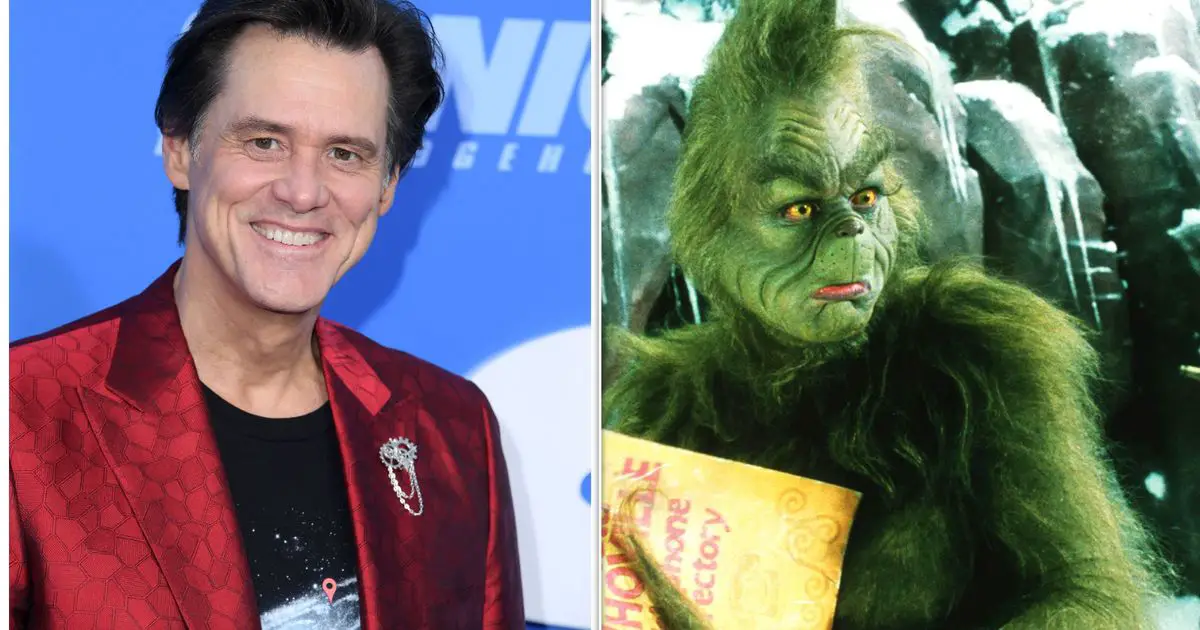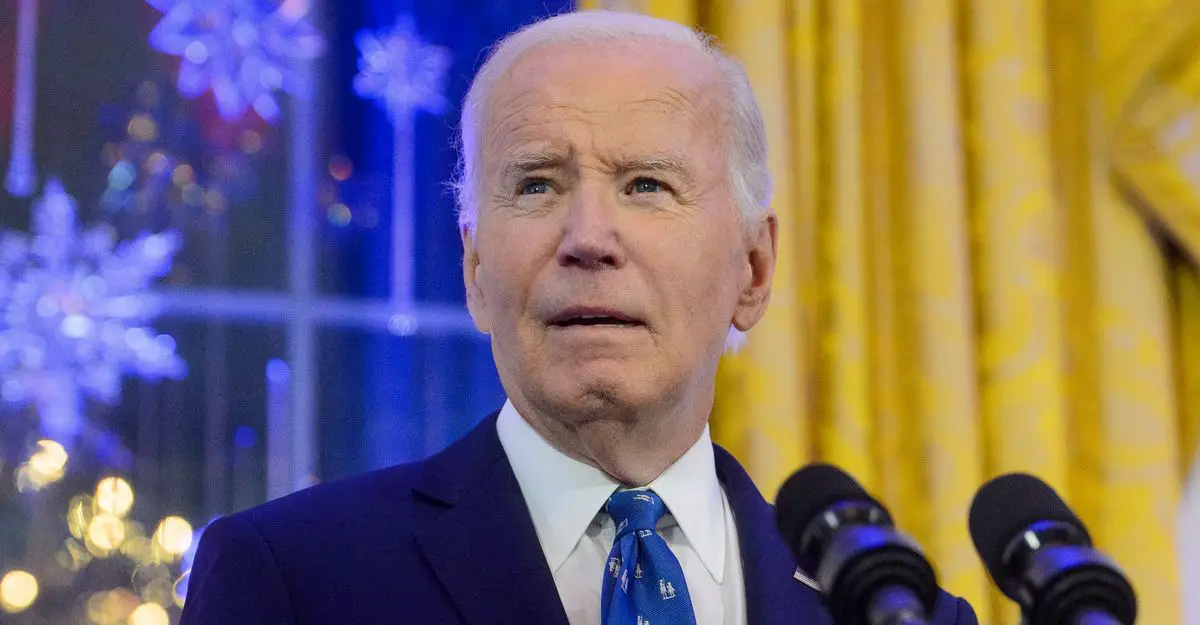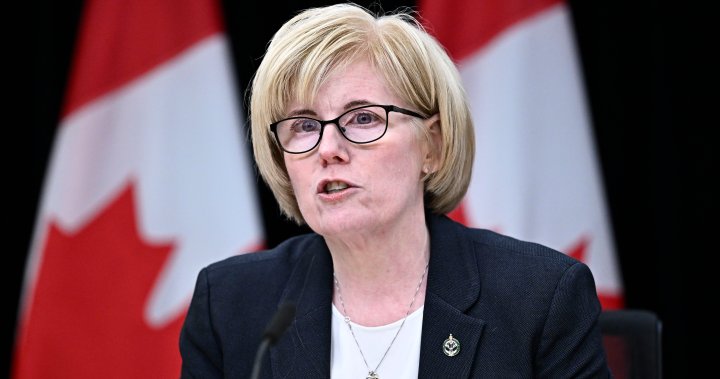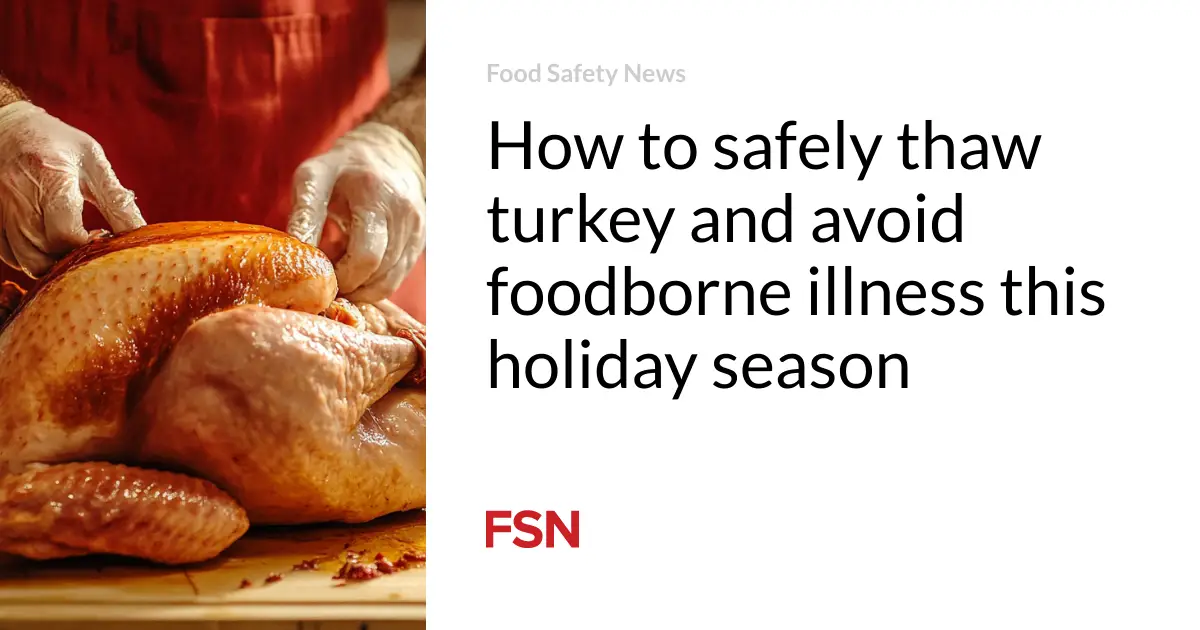
Of course, it’s a fairly privileged position to be in when you’re just a spectator to the world’s devastations and disasters – but that doesn’t mean that you aren’t impacted by them.
However, if we want to stay informed and aware, we have to still engage with the news. Even when it’s hard to look and listen, even when we feel hopeless.
This is an issue tackled in the latest Life and Art from Financial Times Weekend podcast.
In this podcast, Financial Times’ Foreign Editor Alec Russell, who has bore witness to some of the darkest periods in recent history including the Rwanda genocide, spoke with Lilah Raptopoulos about how he stays hopeful and focused, even when the world seems as dark as it can today.
The role of social media in delivering news
Far from the usual cries of the dangers of social media, Russell believes that social media is a good thing for reporting on and getting the reality of atrocities across the world.
He said about Yugoslavia and Rwanda: “If there’d been TikTok and if the awful images had been relayed into everyone’s lives via their smartphones. Then actually, I think the world in one way or another would have intervened in Rwanda very rapidly and ended it.”
He added that he would ultimately argue that social media is a good thing because, “it’s much harder for the world to avert its gaze.”
However, of course, he acknowledges that for the average person, this can be difficult as we’re left feeling hopeless, which can result in us feeling like the world is in a worse place than it’s been for decades.
While he says he doesn’t think this is true, he ultimately believes it doesn’t matter as conflicts continue in Ukraine, Gaza, and Sudan — which has been in a civil war for a year.
He said that these are ongoing but the wars and genocides he reported on in the 90s were just as bad, adding that the world has “always been a messy place.”
It may just seem messier as we are seeing a lot of it in real time.
How to continue to feel hopeful in the face of all of this
Ultimately, hope is essential. It is with hope that we can create and push for change, that we can make a better world.
However, it can and often does feel impossible to come by.
Russell pointed out in the podcast that one of the “heartening developments” was the “accelerated development of international justice”, speaking on the eventual convictions for the Rwanda genocide. 61 people were convicted in the Rwandan war crimes tribunal, some of them for genocide.
These were the first people to be convicted of genocide since the Genocide convention of 1948 which was set up to ensure that the Holocaust never happened again.
Raptopoulos said: “So Alec it sounds like part of what you’re saying is that however horrible the crisis is in front of us, it’s worth it to push for justice.”
Alec responded: “Absolutely. I think you have to hang on to that. And it’s right to believe in it.”
So, there it is. Use the frustration and sadness you feel to find hope and push for justice.







